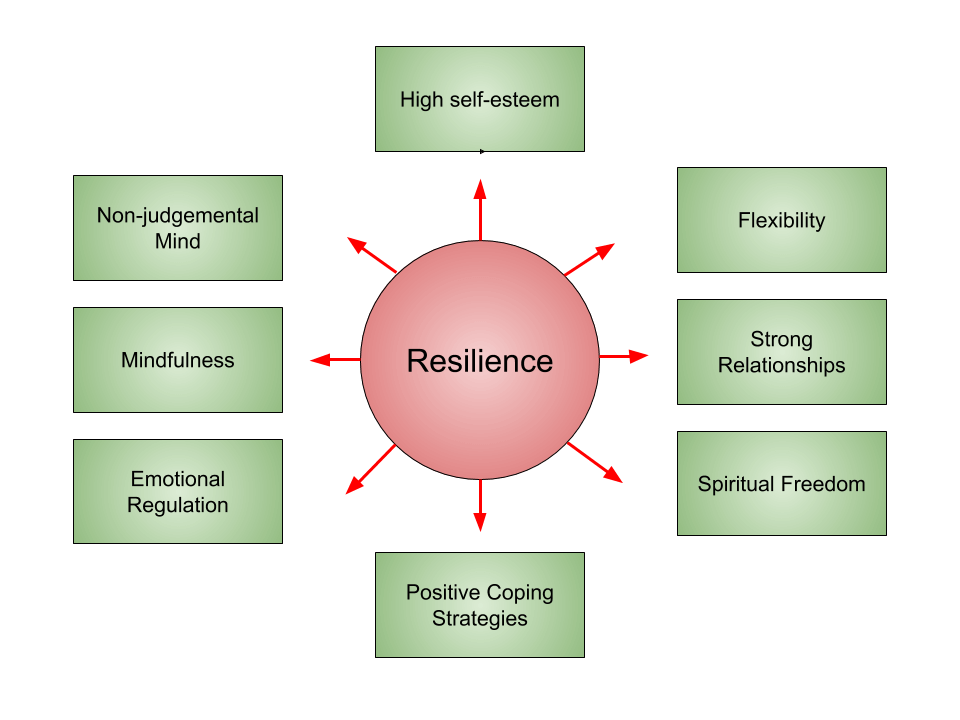

Introduction:
Achieving fitness success goes beyond physical strength; it requires a resilient mindset. This article delves into valuable tips for cultivating mental resilience on your fitness journey, emphasizing the crucial role that mindset plays in reaching your health and wellness goals.
Understanding the Power of Mindset:
Your mindset shapes your actions and, consequently, your outcomes. In the realm of fitness, a resilient mindset is the key to overcoming challenges, staying motivated, and maintaining consistency. Understanding the power of mindset allows you to harness its potential for positive change.
Setting Realistic and Flexible Goals:
Resilient fitness mindset starts with setting goals that are not only challenging but also realistic and flexible. Unrealistic expectations can lead to frustration, while flexible goals allow for adjustments based on life’s unpredictability. This approach fosters a sustainable and adaptable mindset.
Embracing the Journey, Not Just the Results:
While goals provide direction, it’s essential to focus on the journey itself. Embrace the process, celebrate small victories, and recognize that fitness is a lifelong endeavor. A resilient mindset values progress over perfection and understands that sustainable changes take time.
Cultivating a Positive Self-Talk Habit:
Your internal dialogue significantly influences your mindset. Cultivate a habit of positive self-talk. Replace self-criticism with self-encouragement. When faced with challenges, frame them as opportunities for growth rather than insurmountable obstacles. A positive mindset fuels motivation and resilience.
Learning from Setbacks and Challenges:
Setbacks are inevitable on any fitness journey. A resilient mindset views setbacks as learning experiences rather than failures. Analyze the challenges, identify what went wrong, and use this knowledge to adjust your approach. Each setback becomes a stepping stone toward future success.
Building a Supportive Fitness Community:
Surrounding yourself with a supportive fitness community contributes to mental resilience. Share your goals, challenges, and successes with like-minded individuals. The encouragement and shared experiences from a community can provide valuable insights and motivation during tough times.
Practicing Stress-Relief Techniques:
Fitness is not just about physical stress; mental stress can also impact your journey. Incorporate stress-relief techniques such as meditation, deep breathing, or mindfulness into your routine. These practices enhance mental resilience and contribute to overall well-being.
Focusing on Consistency, Not Perfection:
A resilient fitness mindset prioritizes consistency over perfection. Aim for regular, sustainable efforts rather than striving for flawless execution. Consistency builds habits, and habits lead to lasting change. Accept that occasional deviations are part of the journey.
Setting Boundaries and Prioritizing Self-Care:
Resilience in fitness requires setting boundaries and prioritizing self-care. Recognize when rest is needed, both physically and mentally. Balancing challenging workouts with proper recovery is a sign of a resilient mindset that values long-term well-being.
Celebrating Non-Scale Victories:
While fitness often involves numerical goals, a resilient mindset places equal importance on non-scale victories. Celebrate improvements in strength, endurance, flexibility, or overall well-being. Recognizing these achievements reinforces a positive mindset and fuels ongoing motivation.
Conclusion:
Building a resilient mindset is an ongoing process that significantly influences your fitness journey. By understanding the power of mindset, setting realistic goals, embracing the journey, cultivating positive self-talk, learning from setbacks, building a supportive community, practicing stress relief, focusing on consistency, setting boundaries, and celebrating non-scale victories, you create a foundation for long-term fitness success.









